This procedure can be both diagnostic and operative, making it a valuable tool in the diagnosis and treatment of various uterine conditions.
Hysteroscopy can be performed in an outpatient setting, a clinic, or a hospital, depending on the complexity of the case.
Our team of gynaecologists routinely perform hysteroscopy in-rooms at our clinic, to diagnose a range of conditions. If you have a condition requiring colposcopy, please get in touch to book an appointment.
Uterine polyps are benign (non-cancerous) growths attached to the inner wall of the uterus and extending into the uterine cavity.
Uterine fibroids (leiomyomas) are non-cancerous growths of the uterus that often appear during childbearing years.
Endometrial hyperplasia is a condition characterised by the thickening of the uterine lining (endometrium), often caused by excess oestrogen without sufficient progesterone.
Asherman’s syndrome involves the formation of scar tissue (adhesions) within the uterine cavity, often as a result of surgical procedures like dilation and curettage (D&C).
A uterine septum is a congenital condition where a band of tissue (septum) divides the uterine cavity, potentially leading to fertility issues and recurrent miscarriages.
While hysteroscopy is generally safe, potential risks and complications include:
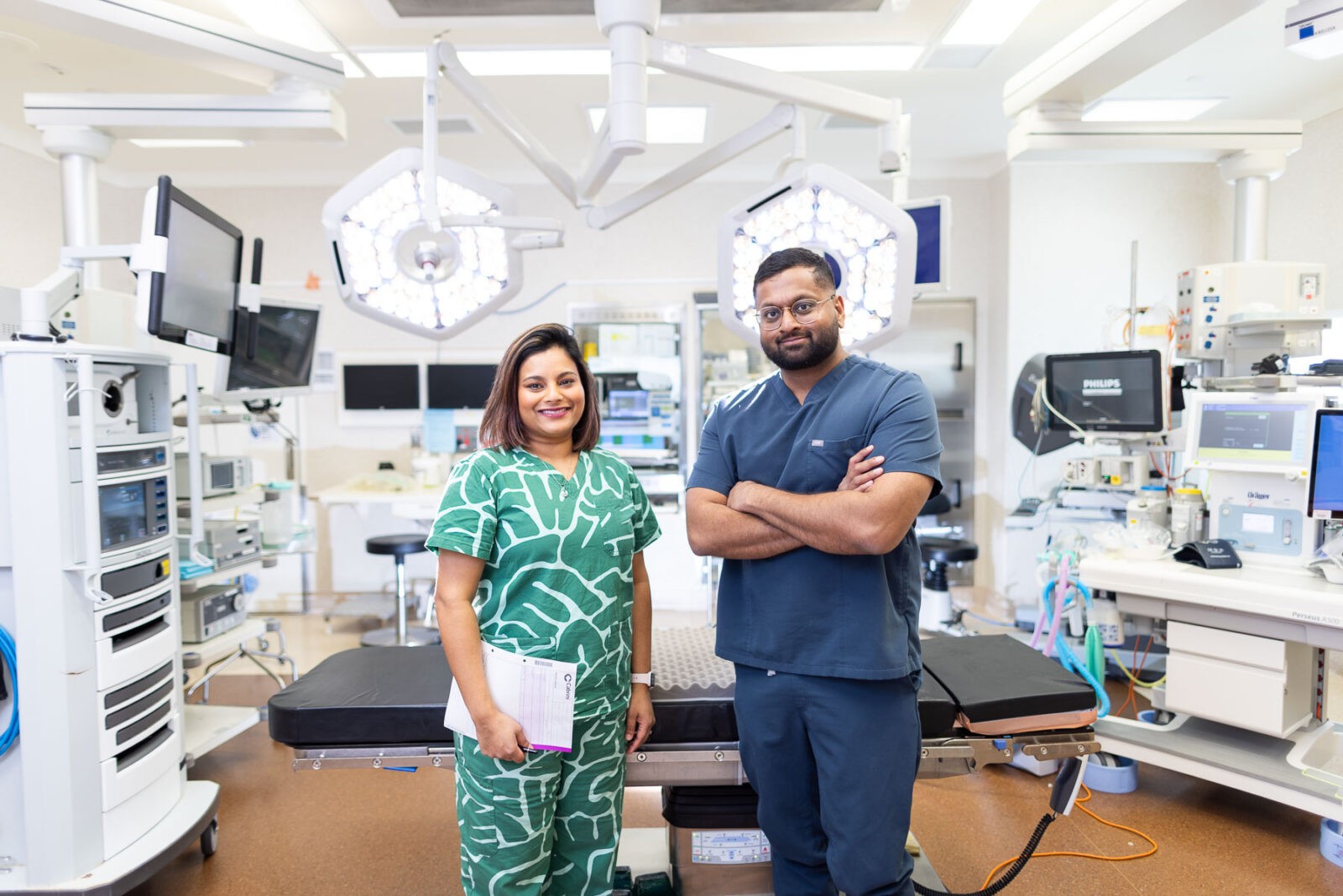
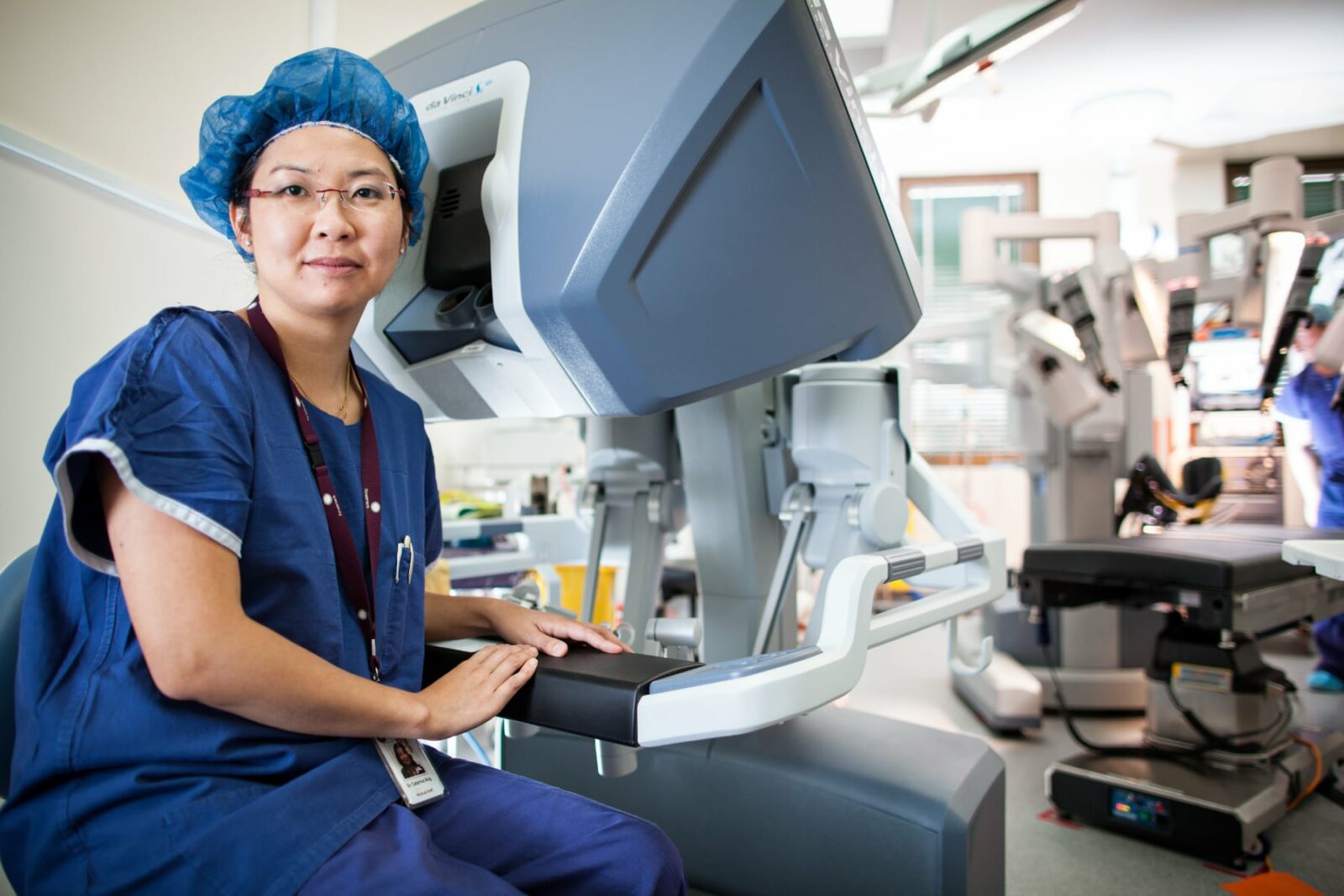
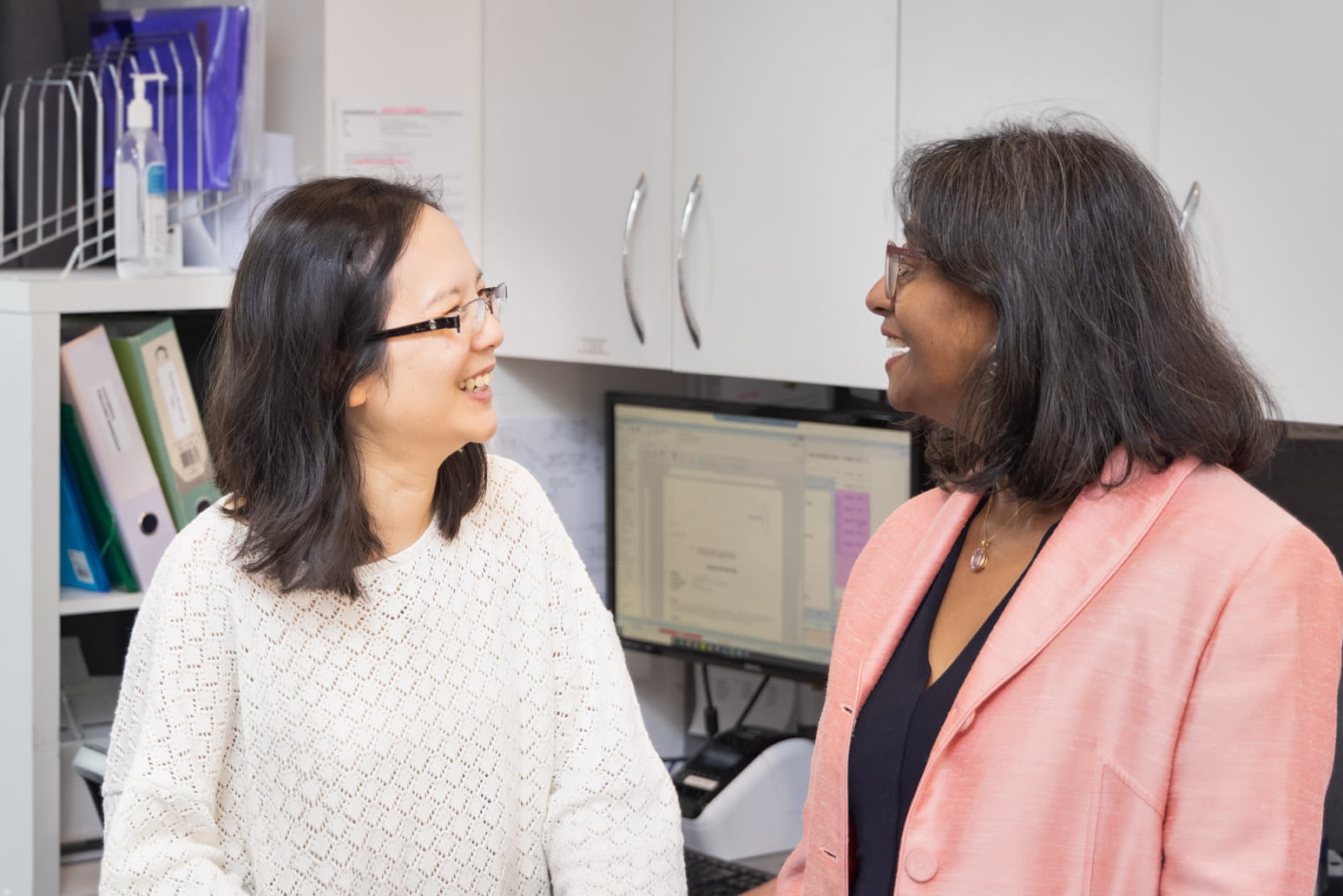
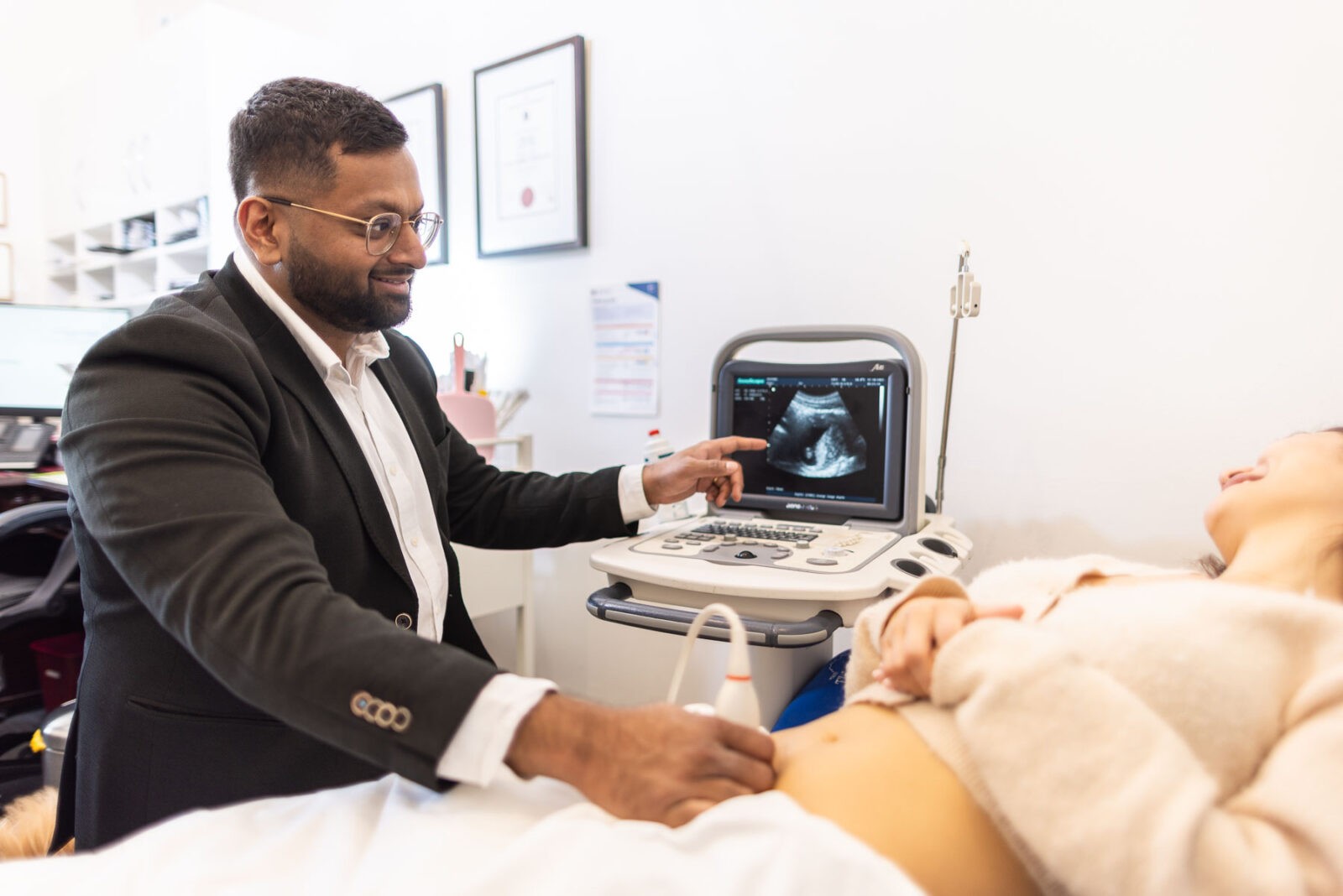
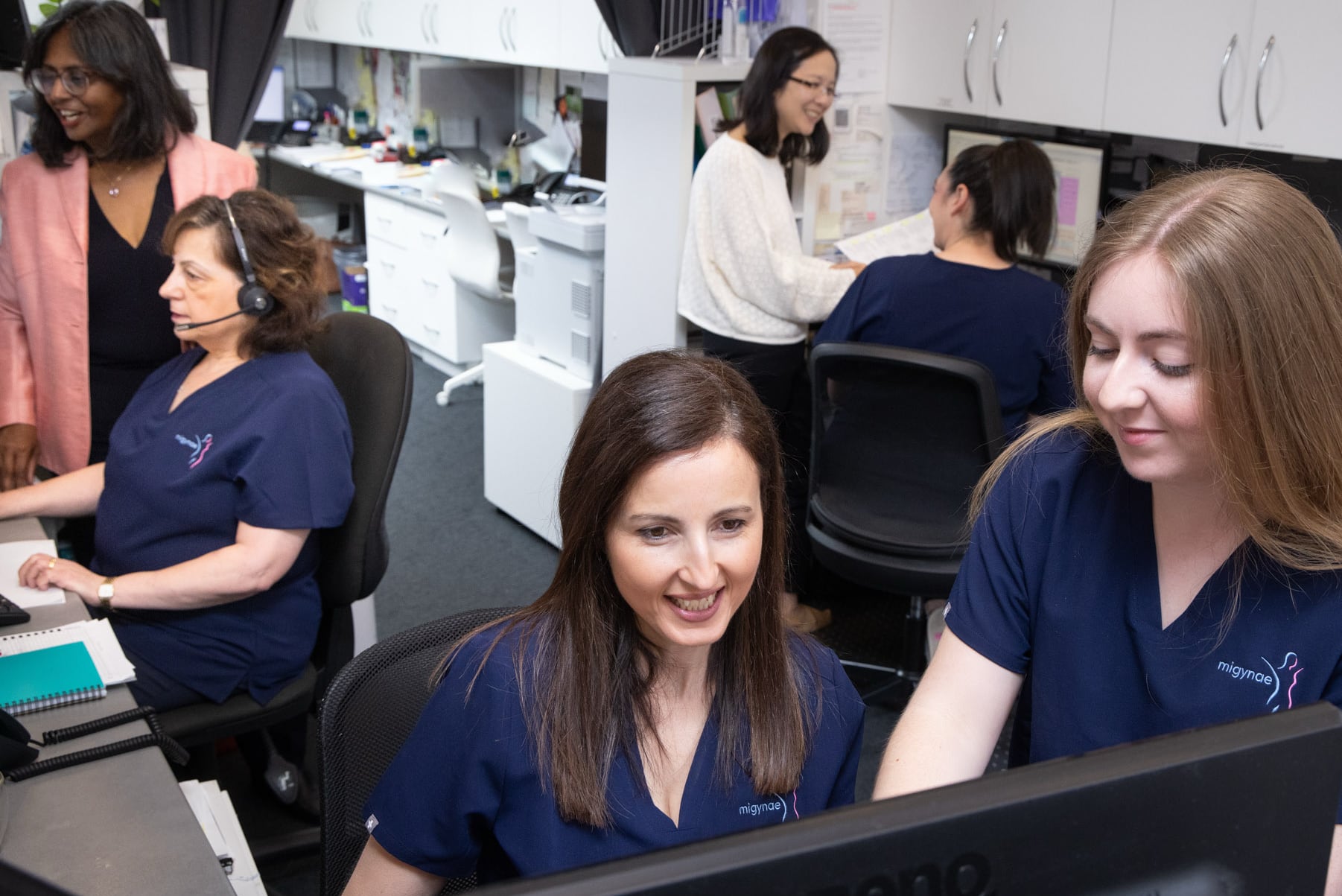
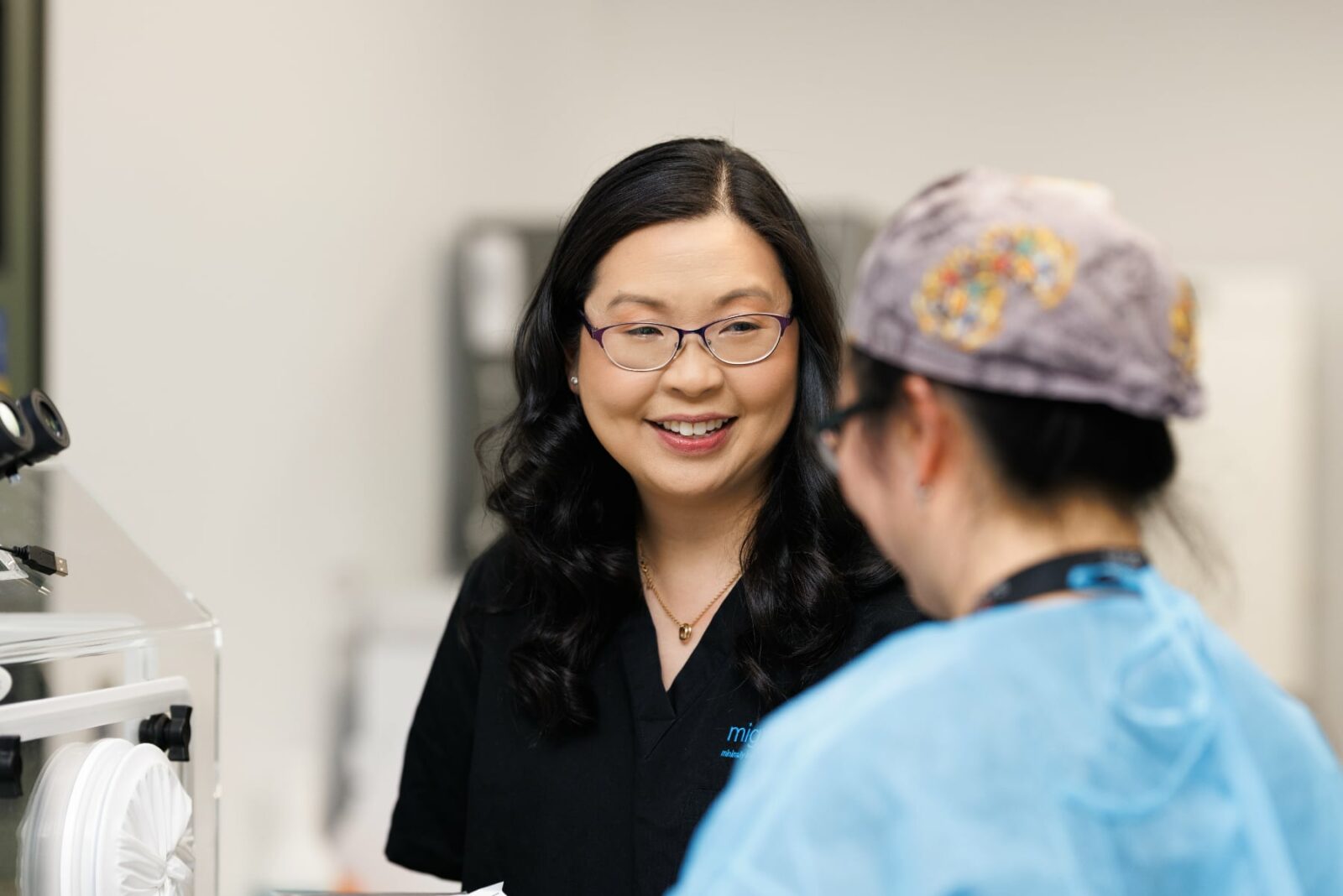
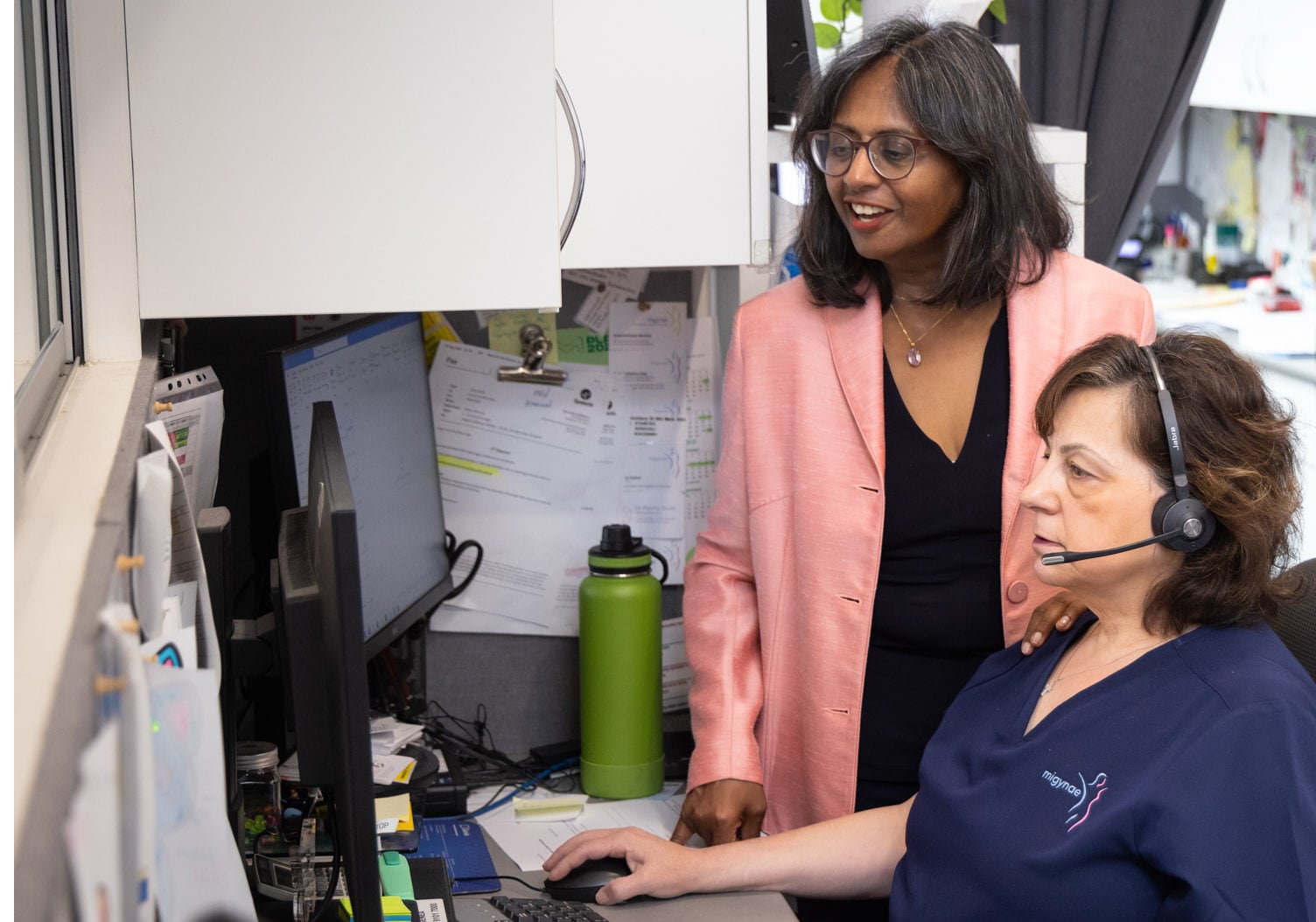
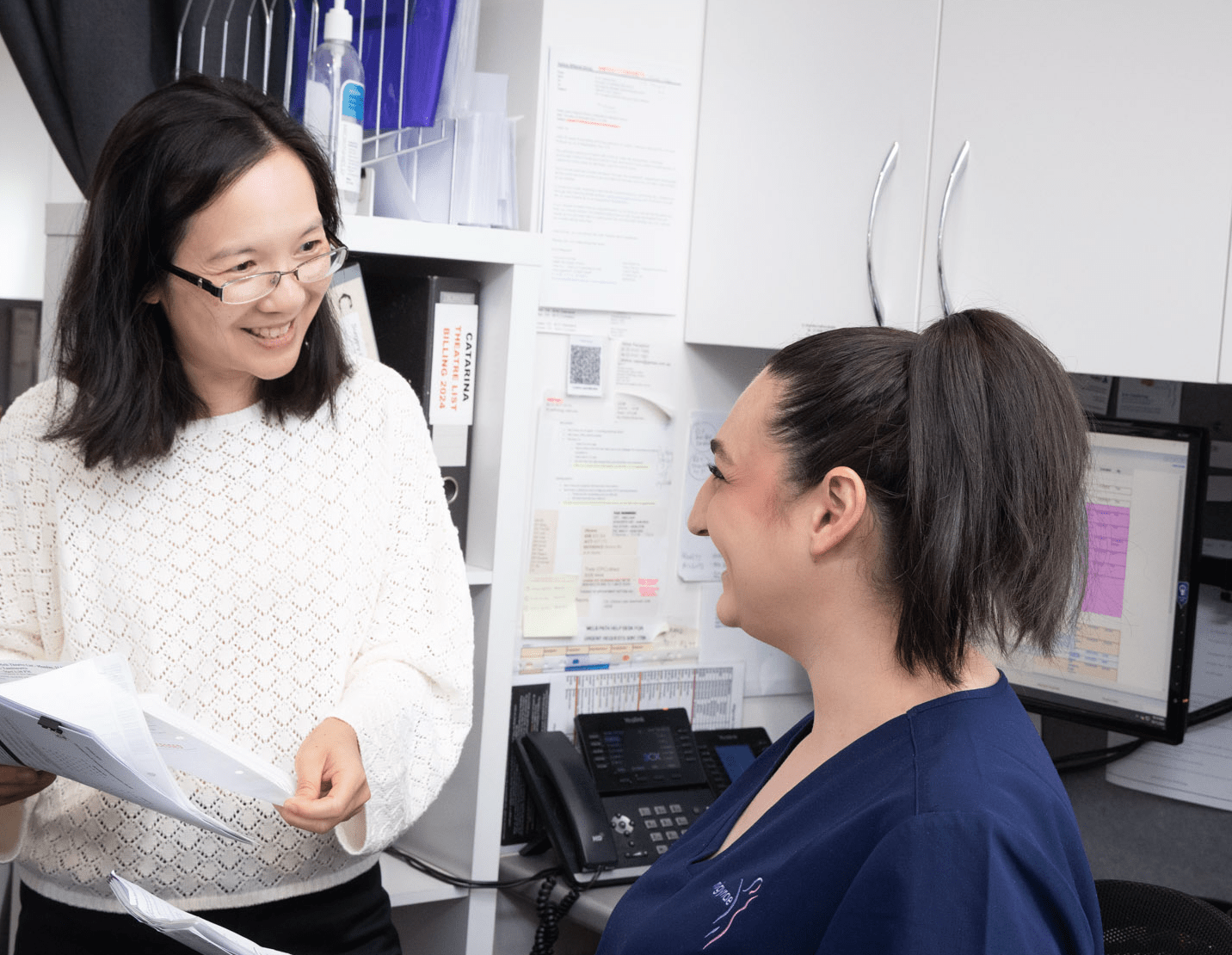
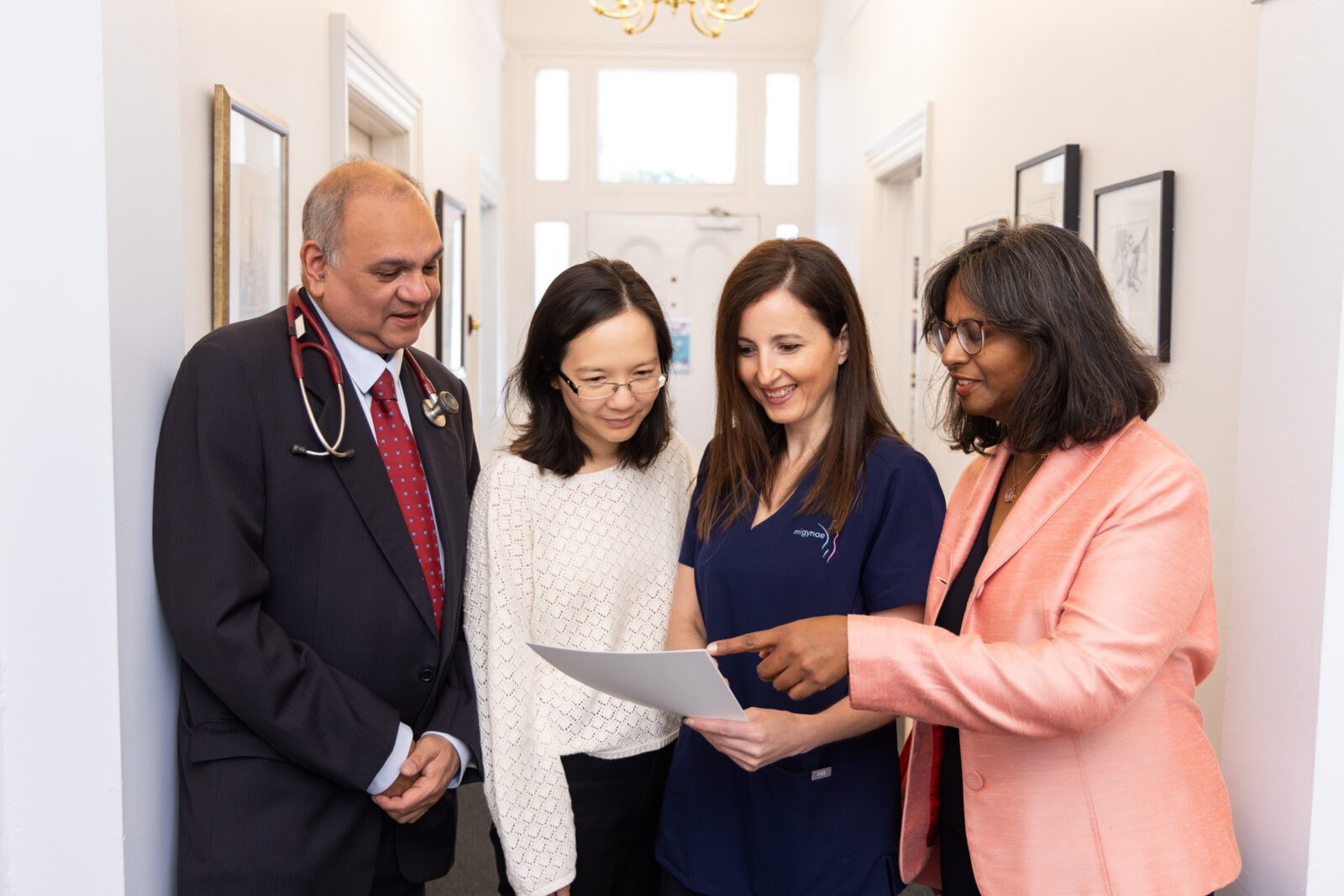
We are a general gynaecology and infertility treatment clinic based in Melbourne, dedicated to the latest minimally invasive gynaecological diagnostic and surgical techniques. We are leaders in laparoscopic and cutting-edge robotic surgery.
If you have a question about a condition or treatment, or would like to book an appointment, please get in touch.